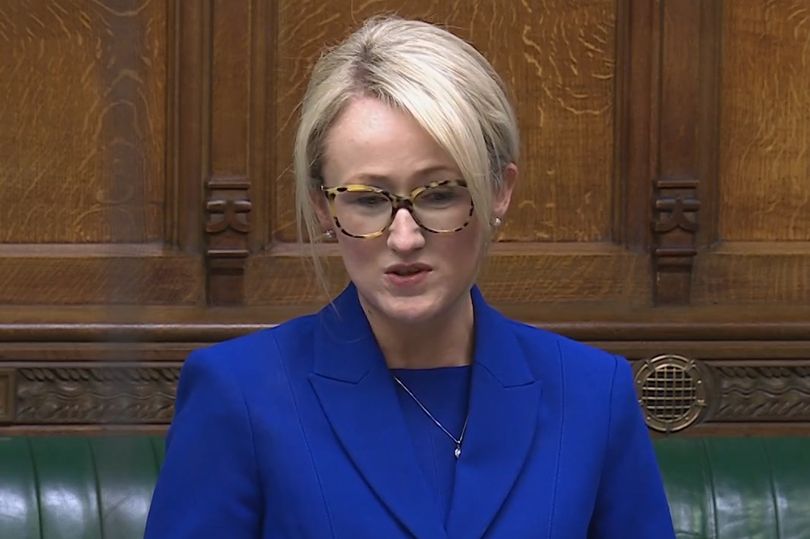The Fight for Justice: WASPI Women and the Call for Compensation
The issue of state pension age changes has sparked significant debate, particularly among women born in the 1950s. These women were affected by the gradual increase in their state pension age from 60 to 65, and later to 66. Many argue that this change was not communicated effectively, leaving them unprepared and unaware until it was too late. This has led to a growing movement known as the WASPI (Women Against State Pension Inequality) campaign, which seeks justice and compensation for those impacted.
Labour MP Rebecca Long Bailey has been a vocal advocate for these women, highlighting the need for a fair resolution. She recently led a debate in Parliament, where she emphasized the importance of addressing the injustices faced by the WASPI generation. Her speech resonated with many, as she stressed the urgency of delivering a remedy that reflects the scale of the harm caused.
The Role of the Ombudsman
An investigation by the Parliamentary and Health Service Ombudsman revealed that there was maladministration by the Department for Work and Pensions (DWP) in not sending out letters about the pension changes earlier. The Ombudsman recommended compensation payments ranging from £1,000 to £2,950. Despite these findings, the government has maintained its stance that no compensation will be awarded, arguing that most women were aware of the changes.
This position has drawn criticism, with many questioning the validity of the government’s reasoning. Ms. Long Bailey pointed out that the argument is not sustainable, as the Ombudsman’s findings support the claim that the DWP failed in its communication efforts. She argued that the lack of clear information left many women in a vulnerable position, impacting their ability to plan for retirement.
Government Response and the Path Forward
During the debate, Pensions Minister Torsten Bell acknowledged the need for better communication but reiterated the government’s position on compensation. He stated that while they agree that letters should have been sent sooner, they do not concur with the Ombudsman’s approach to addressing the injustice.
Ms. Long Bailey expressed understanding of the minister’s position, acknowledging the challenges he faces within the government’s current framework. However, she hopes that he will eventually find a way to act on the evidence and support the cause of the WASPI women. She believes that fairness and evidence-based policy are essential in making the right decisions for those affected.
The Judicial Review
In response to the government’s decision not to award compensation, the WASPI campaign has taken legal action by applying for a judicial review. The high court has agreed to consider the case, marking a significant step in the ongoing fight for justice. This legal challenge aims to hold the DWP accountable for its actions and to ensure that the voices of the affected women are heard.
As the debate continues, the call for compensation remains a pressing issue. The experiences of the WASPI generation highlight the importance of transparency and effective communication in public policy. The outcome of the judicial review could set a precedent for how similar issues are addressed in the future, potentially influencing policies related to pension rights and social welfare.
Ultimately, the fight for justice for the WASPI women is not just about compensation; it is about recognizing the impact of poor communication and ensuring that such mistakes are not repeated. As the conversation unfolds, it is crucial to support those who have been affected and to advocate for a more equitable system that values the needs and rights of all citizens.







